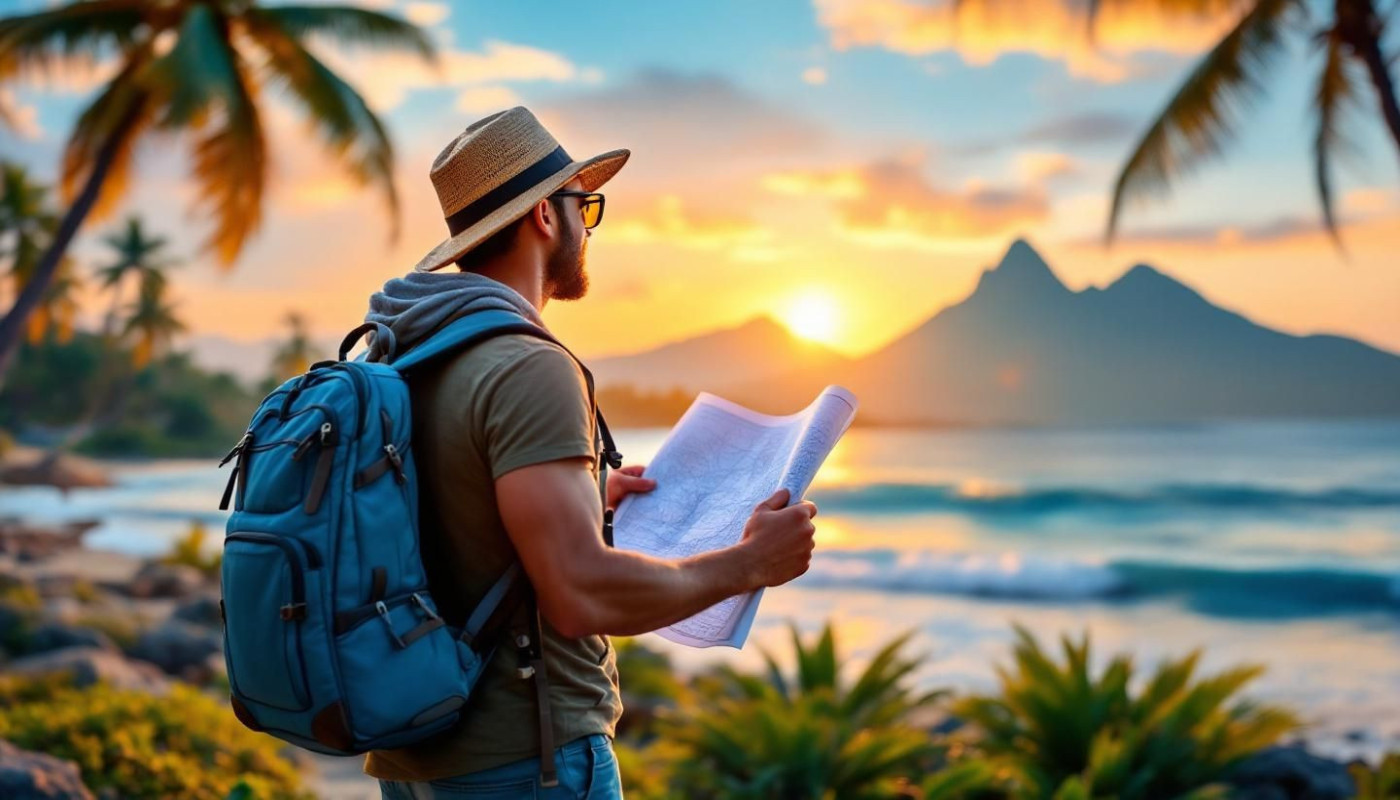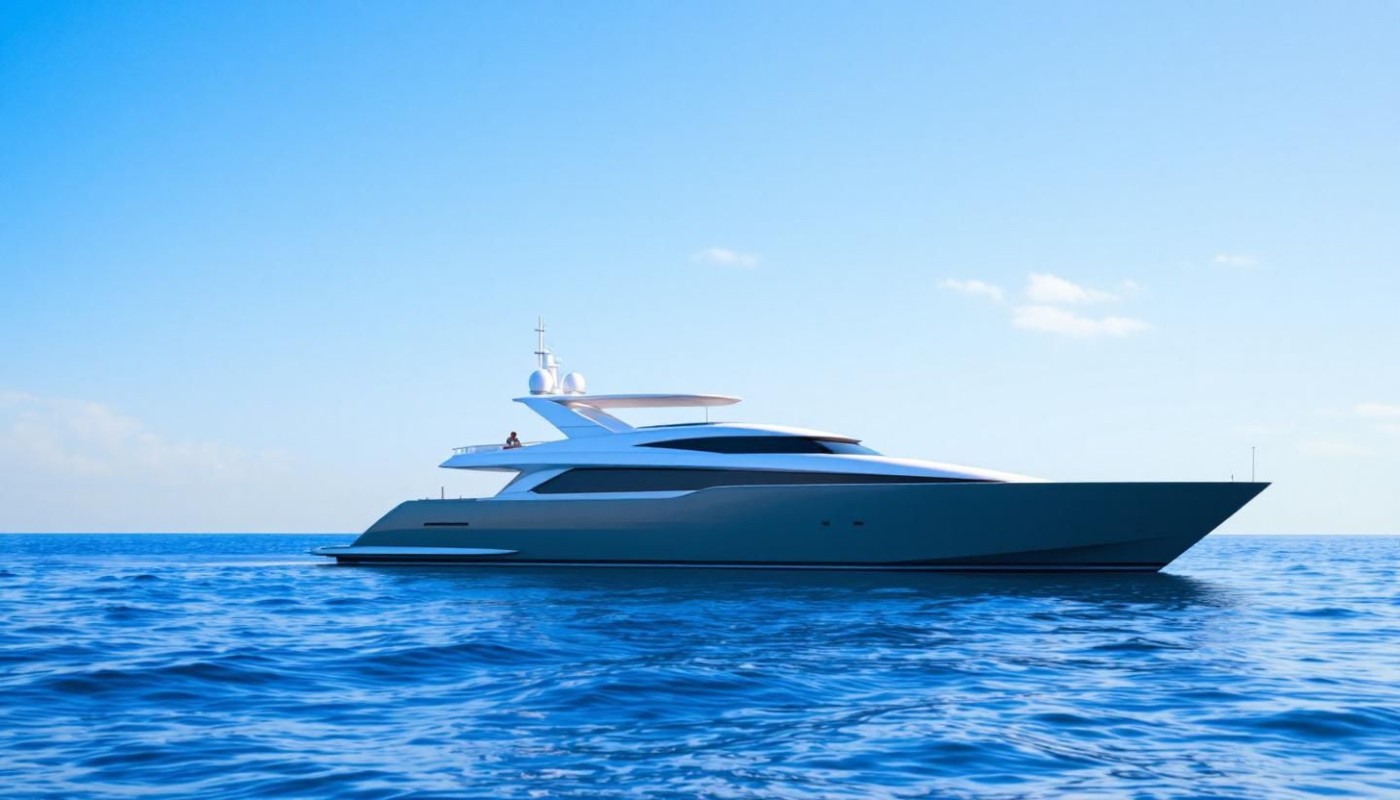Table of contents
Does the idea of zipping across continents, hopping from one city to another in a matter of hours seem remarkably uninteresting? Does your soul yearn for an immersive travel experience that allows you to soak in cultures, experiences and landscapes at your own pace? Welcome to the world of slow travel. This form of exploration emphasizes connection—with places, people and yourself— over mere sightseeing or photo opportunities. It is about savoring every moment, letting go off itineraries and embracing serendipitous encounters; it's all about rediscovering land journeys! As they say, it’s not just about the destination but also enjoying the journey itself.
The Concept of Slow Travel
The concept of Slow Travel has emerged as a transformative trend in the realm of tourism, gaining momentum among discerning travelers. Mindful exploration is becoming the preferred approach over traditional, fast-paced sightseeing. With its roots deeply embedded in Sustainable Tourism, the Slow Travel concept promotes an immersion into the culture and lifestyle of a single location for a prolonged period. This shift places emphasis on the quality of tourism experience rather than the quantity, allowing travellers to weave themselves into the fabric of the local community, fostering a deep understanding and appreciation of the place beyond the superficial.
Benefits of Slow Travel
Slow travel, an emerging trend in ecotourism, is a sustainable lifestyle approach that not only benefits the individual but also has a profound impact on local economies. By choosing to travel slowly, individuals can experience enhanced mental wellbeing by avoiding the stress that often accompanies mass tourism. It promotes a relaxed pace, offering travelers the opportunity to truly immerse themselves in the local culture, engage with the community, and indulge in authentic experiences. This approach can lead to a deeper understanding and appreciation of the destination.
On a broader scale, slow travel can make a significant positive impact on local economies. By spending more time in one location, travelers are likely to invest more in local businesses such as restaurants, artisan shops, and accommodation providers. Consequently, this can help boost local employment and contribute to the sustainability of the local economy. Adding to this, slow travel encourages responsible consumption and minimizes the environmental footprint of tourism, aligning with the principles of ecotourism. In essence, the benefits of slow travel extend beyond individual enrichment, promoting economic balance and environmental sustainability.
How To Embrace The Art Of Slow Travel?
Slow travel is much more than a trend; it's a lifestyle choice, a conscious decision to step back, appreciate and truly immerse oneself in the local culture and environment. To get started on this transformative journey, certain key adjustments are necessary.
Transportation Choices: Instead of rushing through travel checklists and hopping on the quickest flights, consider slower, land-based transportation options like trains, buses, bikes, or even walking. For instance, a leisurely train ride through the picturesque landscapes of Europe not only reduces your carbon footprint (a nod to Responsible Tourism) but also offers a richer, more detailed experience of the local environment.
Cultural Immersion: Instead of isolating yourself in a sterile, impersonal hotel room, consider choosing homestays. Living with locals offers an authentic glimpse into their daily lives, customs, and traditions, thus enabling cultural immersion. Imagine waking up to the aroma of freshly brewed Italian coffee in a quaint Tuscan villa, or learning the art of Japanese tea ceremony in a traditional Tokyo home!
In essence, the Steps Incorporating Slow Travel involve making mindful choices that respect and value the destination and its inhabitants. It's not merely about reaching a destination; it's about savouring the journey. An experienced slow-travel guidebook author puts it aptly, "Slow travel isn't just about resisting the urge to rush; it's about investing time to connect, understand, and appreciate."
Similar

How To Choose The Right Holiday Destination For Your Budget?

How Sailing Charters Can Enhance Your Maritime Skills Before Purchase

Unlocking the Mysteries of Ice Hotels

Exploring The Benefits Of Renting Vs Buying Winter And Summer Sports Gear
![Discovering the tranquility of [Specific Nature Reserve]: a haven for wildlife enthusiasts and hikers](/images/discovering-the-tranquility-of-specific-nature-reserve-a-haven-for-wildlife-enthusiasts-and-hikers.jpeg)
